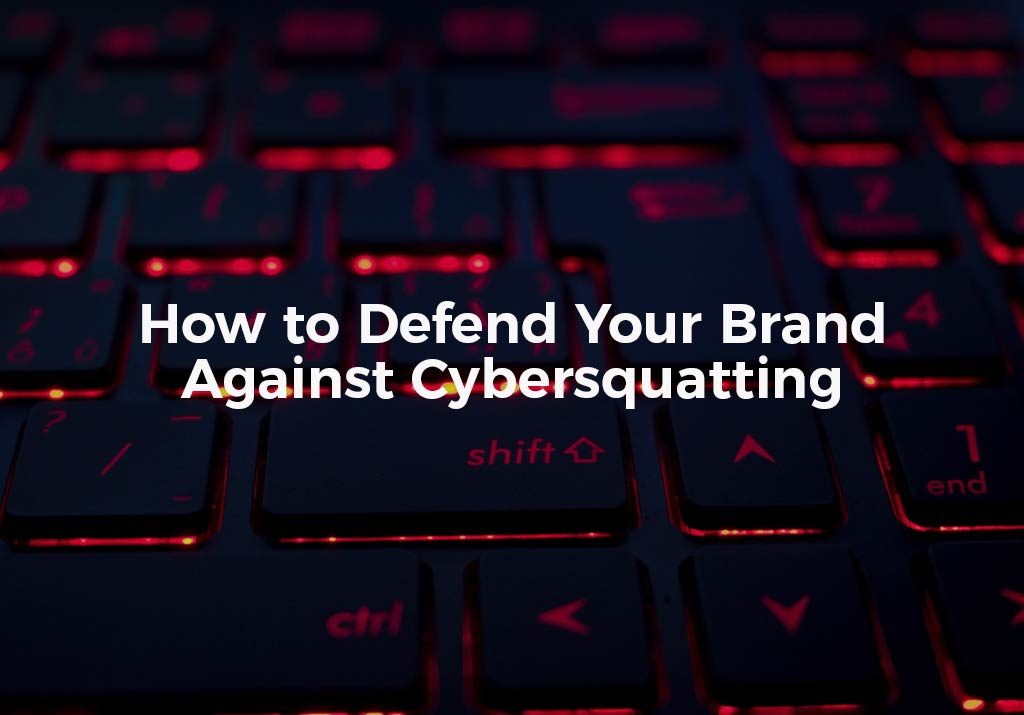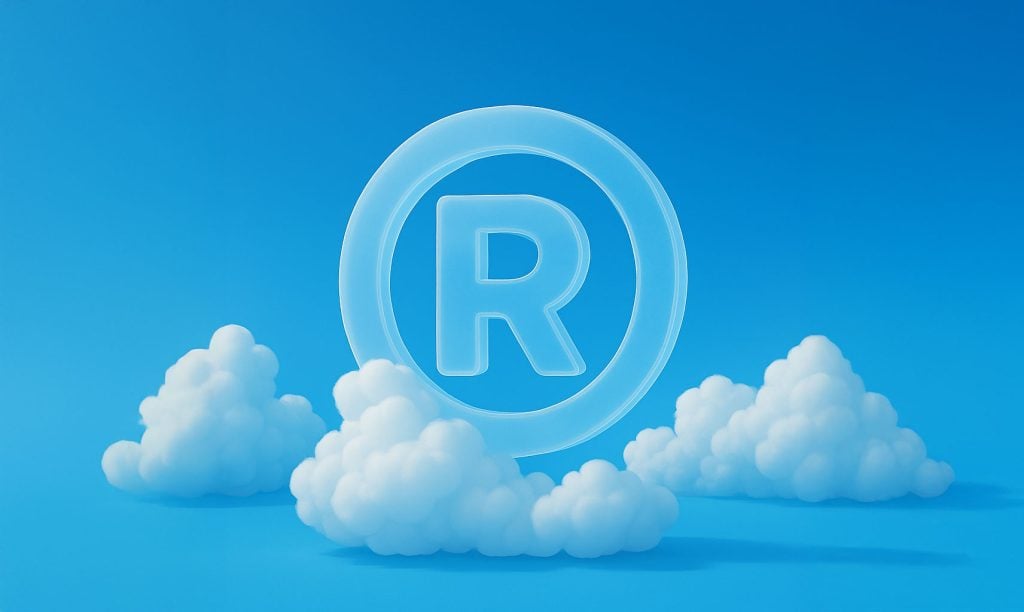You were smart and protected your brand by filing for trademarks when you created your business. You’ve done well, but now you think it’s time to head online and create a website. There’s just one problem.
Someone already owns the domain that matches your trademark! You have two options, purchase the domain or file a lawsuit. If you find that the current owner is seeking a windfall payout, they are most likely cybersquatting.
You can protect yourself from this digital hijacking, keep reading to learn how.
What Is Cybersquatting
Anyone can purchase any domain. When cybersquatting happens, someone has bought, registered, or trafficked a domain name in bad faith. Since websites are on a first-come, first-served basis, some people try to buy a particular domain to profit later.
The good faith practice of this is accepted and allowed. These people buy domains they think someone in the future might want.
The bad faith version of this targets companies and ignores trademark registrations to force a particular company to pay big money.
What Is Not Cybersquatting
Not all predatory domain purchases are cybersquatting. Typosquatting is when someone will take advantage of a common typo by purchasing a domain that is slightly off from the well-known ones. This would be buying facbook.com to capitalize on a typo people make when trying to go to facebook.com.
A famous occurrence of this was a Russian man creating googkle.com and ghoogle.com to add malware to users’ computers. Google won the rights back to these sites.
Gripe sites are used to mock or critique. While they hurt their target, they often have no intent to profit from the site. Because of this, they aren’t cybersquatting.
Elements of Proving Cybersquatting
The first thing you need to do when defending your trademark is to determine if you have a case of cybersquatting on your hands. Typically a cybersquatted website will go to a parked website, for sale, or under construction page.
Contact the current domain owner and determine their intentions. You’ll find out quickly if they have future plans for the site or are looking for a payday.
The Anticybersquatting Act
If you have a case of cybersquatting on your hands and can’t come to an agreement for purchase, then it’s time to contact a lawyer. Under the Anticybersquatting Consumer Protection Act (ACPA), cybersquatting is prohibited. You can file a lawsuit under the ACPA.
If you have a trademark, your attorney can file a claim. If you win, the court can order the squatter to return the domain and pay for any damages you incurred.
To make a determination, the court will consider a set of factors:
- Does the squatter have intellectual property rights in the domain?
- Is the domain the squatter’s legal name or nickname?
- The domain owner used the site for a good faith offering of goods or services
- The domain has a noncommercial use.
- The squatter intended to divert your traffic to harm goodwill or commercial gain.
- The squatter offered to sell you the domain without ever using or intending to use it.
- The squatter has a history of this type of behavior.
- The squatter intentionally provided false information when purchasing the domain in an attempt to deceive.
- The squatter owns multiple domains that are similar or easily confused with famous marks.
As you can see, the court looks at the current domain owner’s past and present actions. They consider what the owner has done with the domain and how they acted when you contacted them. They also consider their pattern of behavior and if they have other domains that are in a similar situation as yours.
Defend Your Brand
If you suspect that you have a cybersquatter sitting on your trademark protected domain, then contact our office today. Our attorneys are experienced in IP litigation and can help you protect your brand.
Start working with us today, and protect your brand from cybersquatting.




